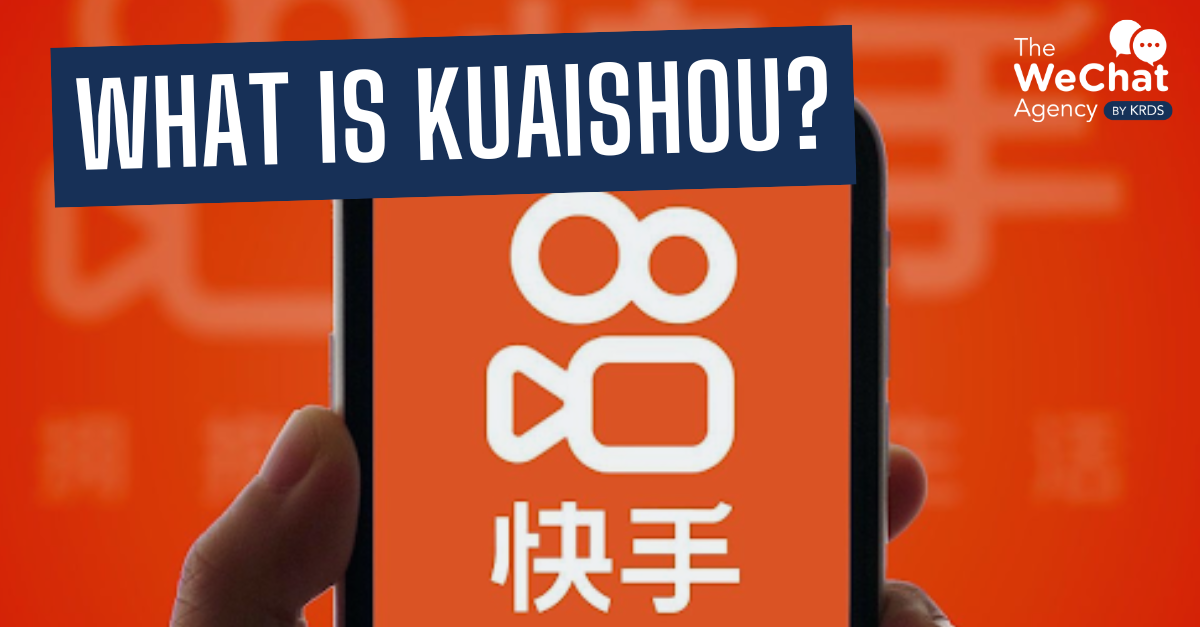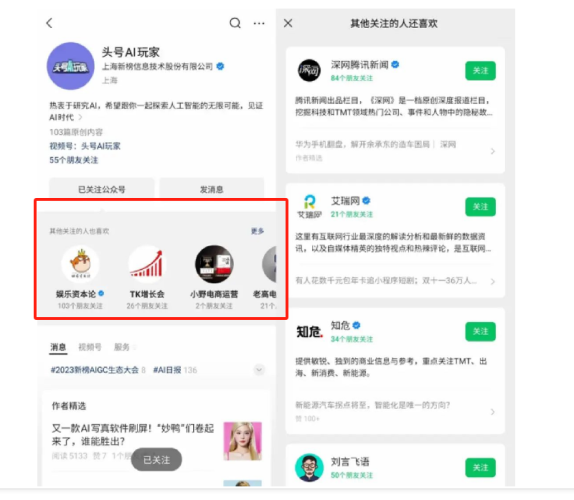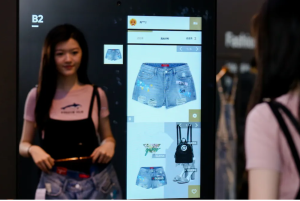1. Top 3 hottest experiential trends among China’s Gen Z
Here are the top picks from Xiaohongshu’s first-ever selection of “lifestyle inspirations”.
- Attend night classes to pick up new skills.
Recent searches for “night school” have increased by an astounding 980% when compared to the same period last year, according to data from Dianping and Meituan. With over 8 million views and counting for the Xiaohongshu hashtag (#夜校), more inquisitive minds are probably going to follow in his footsteps.
- Arrange to stay at a hotel by yourself and watch a tonne of TV.
This month’s most popular lifestyle inspiration hashtag (#厘在亦假) has received 35 million views.
- Forget “old money” – embrace “no money style”
“no money style” invites people to exaggerate their lack of funds. This could mean wearing baggy, mismatched clothes (think taking out the bins or popping to the supermarket – the more ripped and stained the better) or simply wearing your favorite outfit on repeat.
Link: https://daoinsights.com/opinions/top-3-hottest-experiential-trends-among-chinas-gen-z/
2. China and Singapore to allow mutual visa-free travel
From 9 February, CNY Eve, travellers with passports from either China or Singapore will be able to enter the reciprocal country visa-free and remain for 30 days.
Within an hour of the announcement, searches for hotels and flights to Singapore increased 15 and 6 times, respectively, according to the travel booking website Fliggy. Singapore is now the fifth most popular place to go during the nine-day Chinese New Year holidays.
Link: https://daoinsights.com/news/china-and-singapore-to-allow-mutual-visa-free-travel/
3. The best places to go for Chinese New Year in 2024
- During CNY, there will be an estimated 9 billion domestic travels.
- As per Ctrip, the most popular travel destinations are Indonesia, Malaysia, Singapore, Thailand, and Cambodia.
- While traditional Asian favourites include Hong Kong, Macau, Singapore, Thailand, and Japan, interest in emerging luxury hotspots like Dubai, Saudi Arabia, and Qatar is growing.
- Millennials want experiences that are genuine and tailored to them; they want to engage with locals and become fully immersed in the culture.
- The narratives and perceptions surrounding destinations are significantly shaped by KOL content shared on platforms such as Douyin and Xiaohongshu.
Link: https://jingdaily.com/posts/the-top-travel-destinations-for-chinese-new-year-2024
4. Gen Z unfiltered: Michael Kors peels back emotional layers of Chinese New Year
- On January 31, Michael Kors premiered its 2024 Chinese New Year special short film, “Carry Your True Self,”
- The film takes a distinctive approach to conventional Lunar New Year ad shorts by employing a bold and incisive creative angle, capturing the inner emotional landscape of contemporary youth as they embark on their festival holidays.
- As they prepare to reunite with family for the traditional festival, they unpack unnecessary burdens from their bags, shedding labels such as “aloofness,” “empty fame,” “busy individuals,” “emotional stability,” and “unnecessary obligations.” Choosing to liberate themselves from societal pressures, the protagonists opt for a more authentic and carefree return home.
- In Michael Kors’ case, its Chinese New Year advertisement stands out for its genuine portrayal of the emotions young people experience during this traditional festival. Through the nuanced message of “Carry Your True Self,” the brand encourages a more relaxed approach to the holiday, which allows it to resonate with Chinese young generations.
Link: https://jingdaily.com/posts/inside-michael-kors-bold-chinese-new-year-narrative
5. Why is the ‘mob wife’ fashion aesthetic gaining momentum?
- From TikTok to the New York Times, the mob wife fashion aesthetic, that of opulence, extravagance and maximalist glamour, is gaining traction.
- The aesthetic, made famous by the long-running crime series The Sopranos, often features bold statement pieces, including fur coats, high-end accessories, and ensembles that reflect wealth and status.
- While the brashness of mob wife fashion stands in stark contrast to the prevailing trend of understated luxury on the runways, data analytics has substantiated its surge in popularity.
- Ultimately, the trend resonates with those who appreciate the fusion of sophistication, drama, and a touch of rebellion in their fashion choices.
6. TikTok faces large-scale content removal after major falling out with Universal Music Group
- TikTok turned against its former cooperation partner Universal Music Group (UMG) overnight after the world’s largest music copyright owner threatened to remove all of the music it owns from the video-sharing platform, which lambasted UMG’s “self-serving actions” and characterized them as putting their interests above those of artists, songwriters, and fans.
- The dispute would reportedly also affect TikTok sibling Douyin, potentially causing both platforms to have to remove Universal songs from the huge number of videos using them as background music. The falling out with UMG may also lead to a similar response from other music companies.
7. In WeChat Channel, selling knives like this can break millions?
Knives are originally popular consumer goods with a strong and traditional atmosphere, but in the words of Wang Jinbo, the video anchor of “Zhang Xiaoquan Knife Flagship Store”, they collide with poetry, life insights, and English. It is this contrast that makes the live broadcast of this time-honored brand instantly become high-end.
With a full-time team of only 10 people, they quickly accumulated 600,000 followers and achieved sales of over one million yuan in the first week of broadcasting. On November 11, 2023, the number of viewers for the special session reached 1.4 million, and the single session sales exceeded one million yuan.
- Brand content matches their Channel’s users
- Live streaming has reached sufficient duration
- It is selling knives, but also bringing knowledge expansion and emotional value through live streaming





